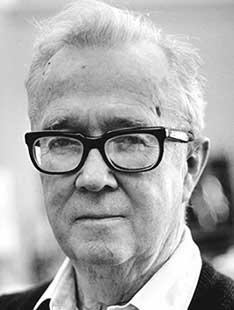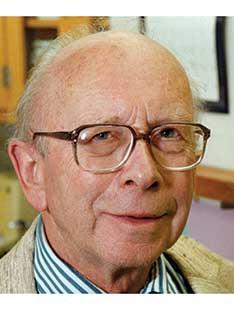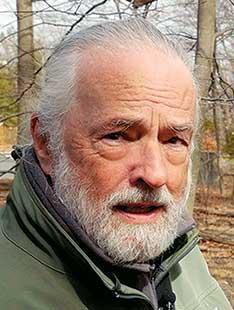ALAN B. KRUEGER, one of the nation’s leading labor economists and a faculty member for more than 30 years, died March 16 in Princeton at the age of 58. A family statement said his death was a suicide.
“Alan changed the field of economics with his innovative empirical approaches to studying a wide range of topics — from the minimum wage and education, to terrorism and ticket prices at rock concerts. He also was a diligent and dedicated public servant,” said Cecilia Rouse, dean of the Woodrow Wilson School. Krueger also researched the correlation across generations of high economic inequality and low economic mobility, which he termed the “Great Gatsby curve,” and the influence of the “gig economy” (such as driving for Uber or Lyft) on the national economy. His research on the minimum wage found that if set at a moderate level — say $12 per hour, he wrote in 2015 — it would have little or no effect on unemployment.
Readers are invited to submit their remembrances by clicking “Send a Response to Inbox” below
In Washington, Krueger held the positions of chief economist of the Labor Department, assistant secretary of the treasury, and chair of the Council of Economic Advisers in the administrations of Bill Clinton and Barack Obama. He also was the founding director of the Princeton University Survey Research Center. His latest book, Rockonomics: A Backstage Tour of What the Music Industry Can Teach Us About Economics and Life, will be published in June. See http://bit.ly/krueger-2014 for a PAW feature about Krueger.
Biology professor emeritus WILLIAM PAUL JACOBS died March 3 in Princeton. He was 99. Jacobs joined the faculty in 1948 and became emeritus in 1989. He studied hormonal control of plant development and was an early proponent of quantitative techniques in that field. Jacobs published 165 papers and a book, Plant Hormones and Plant Development, and received an award from the American Society of Plant Biologists for his work in plant physiology. His 1955 paper “What Makes Leaves Fall” was published in Scientific American.
Former biomedical sciences professor ARTHUR PARDEE died Feb. 24 in Boston. He was 97. Pardee was a faculty member from 1961 to 1975, serving as chair of the biomedical sciences department (later known as the Department of Molecular Biology). Pardee was a world-renowned cancer biologist whose research changed the understanding of molecular biology and cell growth. His work included the first report of ribosomes in bacteria in 1952, and he demonstrated the presence of what became known as messenger RNA in 1954.
Professor emeritus of ecology and evolutionary biology HENRY HORN died March 14 in Princeton. He was 77. Horn joined the faculty in 1966 and retired in 2011. He was the founding director of the Program in Environmental Studies. Among his research interests were the spatial patterns of trees and forest succession, and he had a longtime fascination with butterfly behavior. He was an expert on the ecology of the Princeton campus and the Institute Woods surrounding the Institute for Advanced Study; in recent years he led a popular weekly nature tour at the University.




